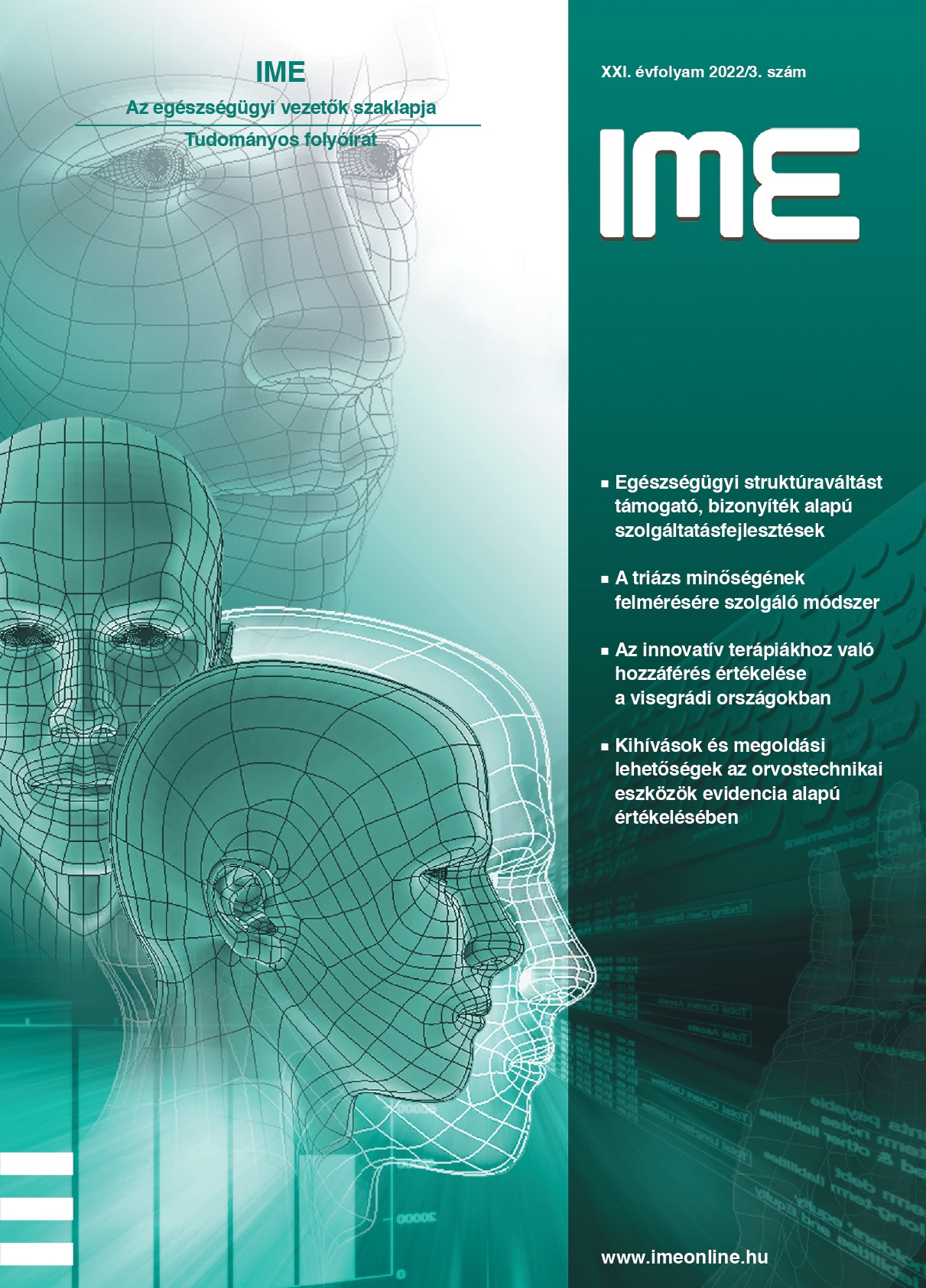Challenges and opportunities in evidence-based assessment of medical devices
Abstract
To make an informed decision on reimbursement of new health technologies, evidence of the clinical and economic value of the technology is needed. However, it appears that less information is available on medical devices than on pharmaceuticals, due to their different characteristics.
"Coverage with evidence development" (CED) schemes have already been introduced in other countries to tackle with this issue. This policy tool allows for reimbursement of a medical device throughout a pre-defined temporary period of time. During which the payer and the manufacturer agrees on collecting real-word data on the clinical benefits and the cost-effectiveness of the technology, and the final funding decision is made on the basis of this data, following an evaluation of the CED.
The opportunities offered by CED may include incentives for manufacturers, public payers and healthcare professionals. Nevertheless, CED is not currently used in Hungary and other Central and Eastern European countries. By presenting some examples from Western Europe, the article gives a sense of the wide range of potential applications whereby CED can contribute to improving the effectiveness of patient care while generating evidence-based outcomes for final decision-making.

This work is licensed under a Creative Commons Attribution-NonCommercial-NoDerivatives 4.0 International License.




